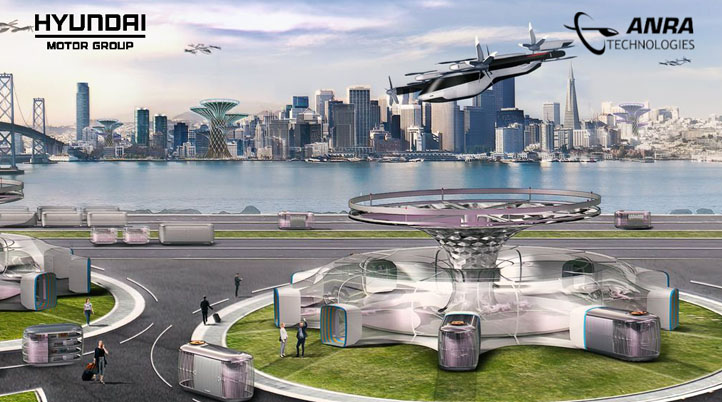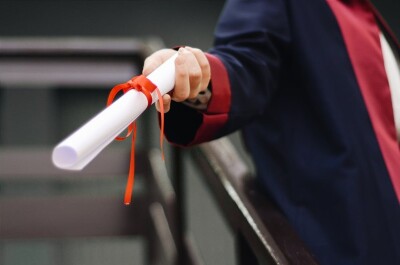Recently, the Urban Air Mobility (UAM) division of Hyundai Motor Group partnered with ANRA Technologies to develop the operating environment for the Advanced Air Mobility (AAM) industry.
Together with ANRA, Hyundai will identify research opportunities to help inform regulatory decisions and advance infrastructure projects. Additionally, ANRA will provide strategic insight on Hyundai’s concept of operations (ConOps) for AAM airspace management and ground mobility integration.
“We are pleased to partner with ANRA Technologies to begin building toward the safe and efficient integration of AAM into existing airspace,” said Pamela Cohn, chief operating officer, Urban Air Mobility Division of Hyundai Motor Group. “As an emerging mobility solution, it is critical diverse parties work together to co-create the AAM ecosystem, including its necessary digital and physical infrastructure. ANRA brings a unique background of operational history in the drone services sector that will help define the operating environment for all AAM vehicles.”
During the last few years, ANRA has been actively developing tools to help with the advancement of the commercial drone industry, including UAM and AAM. Last year, the company launched SmartSkies, an airspace solution providing commercial AAM services for both NASA and European Union/EASA AAM initiatives. SmartSkies eases the process for drone pilots to obtain approval for drone operations within controlled or sensitive airspace and provides real-time, automated processing of airspace authorizations based on criteria set by stakeholders such as Air Navigation Service Providers (ANSPs) or regulators.
Established in 2019, Hyundai’s UAM division is committed to “provide customers with freely moving seamless mobility that connects the sky and the ground.” The group expects to commercialize its passenger drones by 2028 and is focusing on creating an agile product roadmap and securing core technologies such as aircraft design, flight control software, and safety technology. Hyundai also plans to maximize synergy by actively utilizing automotive technologies such as batteries, motors, lightweight materials, and autonomous driving. As their first vision of the UAM business, they unveiled its S-A1 drone concept at CES 2020, along with a partnership with Uber. By 2026, before the commercialization of UAM, Hyundai expects to commercialize its medium-to-large-sized unmanned Air Cargo aircraft to carry heavier payloads for cargo transport.
As Hyundai moves toward its goal, “development of supporting infrastructure is imperative,” said Cohn after partnering with UK’s Urban Air Port, earlier this year. As part of the UK Future Flight Challenge, Urban Air Port’s Air-One was chosen to “develop aviation infrastructure and systems that enable the next generation of electric and autonomous air vehicles.” According to the company, it is the world’s smallest airport and a world-first fully operational hub for future eVTOL aircraft, set to help lead the way in developing a robust, accessible, and intermodal infrastructure network for future mobility.
Dr. Shin Jai-won, Hyundai Motor Group’s executive vice president and head of the UAM division, believes there are several reasons Hyundai has a chance in the UAM business, especially due to Hyundai’s mass production capacity, which is a huge advantage over competitors.
“No matter how well you design a UAM aircraft, it won’t mean anything if it can’t reach mass production,” he told Korea JoongAng Daily last year. “We’re also seeing more technology shared by aircraft and vehicles. Electrification or navigation and monitoring using big data are growing fields in both industries. UAM is an area that can be sought out by companies on both sides. Self-driving and electrification technologies are a must - this is another reason why carmakers can have as much potential.”
These partnerships show that Hyundai is set on driving the development of safe and convenient UAM & AAM use cases. Later this year, Commercial UAV Expo’s 2021 Conference Program will host the “Getting to Autonomy with Latest Drone Technologies” conference where panelists, including John Suh, Vice President & Founding Director of New Horizons Studio at Hyundai Motor Group, will discuss the essential components for achieving next-level capabilities in the commercial UAS space.















Comments